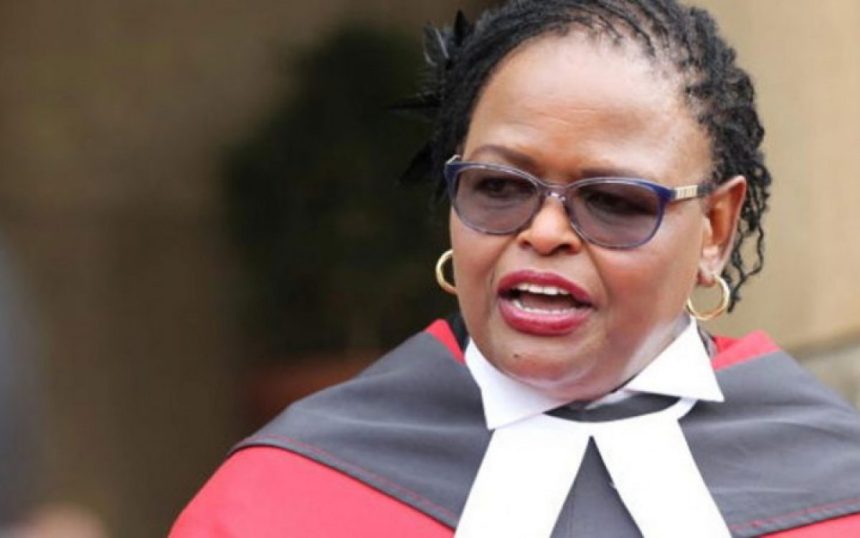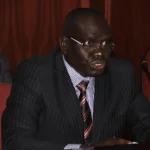Chief Justice Martha Koome has announced a plan to shuffle High Court judges to accord judicial officers opportunities to serve in stations with high public interest matters.
The CJ said on Wednesday that the regular rotation of judges will also ensure that judicial decisions are not personalised.
“To promote the general wellness of Judges and to ensure that judicial decisions are not personalized, the Hon. Chief Justice will endeavour to ensure regular rotation of Judges and ensure all Judges are accorded an opportunity of serving in stations and divisions that handle high numbers of public interest matters,” she said in a statement.
In a statement after a four-day retreat with heads of High Court divisions in Naivasha, the CJ also noted that time-sensitive matters will be distributed to other judges working in other divisions.
Under the Mahakama Popote results initiative, the Principal Judge of the High Court in consultation will hold talks with other Judges of the High Court to fast-track cases.
Through the Rapid Results Initiatives, the Principal Judge will work on the distribution of time-sensitive matters in the Constitutional and Human Rights and Commercial Divisions to all High Court Judges.
This would ensure that the innovative ‘Mahakama Popote’ model ensures expeditious disposal of disputes.
At the same time, the High Court will undertake a Rapid Results Initiative to prepare Records of Appeal to enable fast-tracking of criminal appeals at the Court of Appeal.
“The Office of the Chief Registrar of the Judiciary (CRJ) will streamline the process of transfer of staff with a view to ensuring that each court station is optimally staffed to support judicial processes including with an adequate number of interpreters,” Koome said in a statement to newsrooms.
These are some of the steps that the CJ is taking to address concerns of infiltration of the judicial system by interested people keen on determining the direction of cases.
Some politicians have insisted that some judges have overstayed at some stations which handle cases with very high public interest levels while others are sent to far-flung stations.



